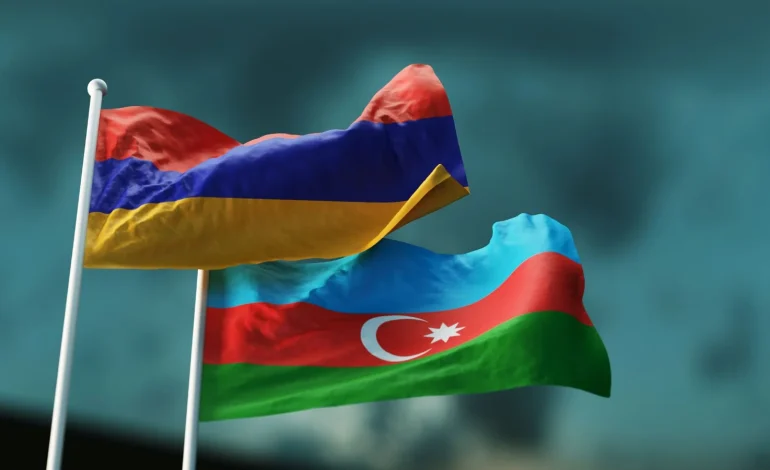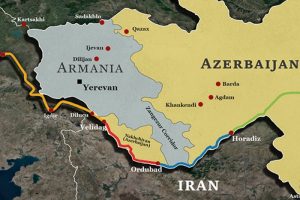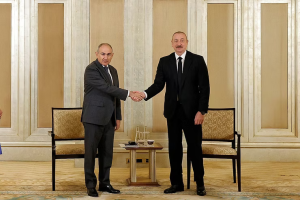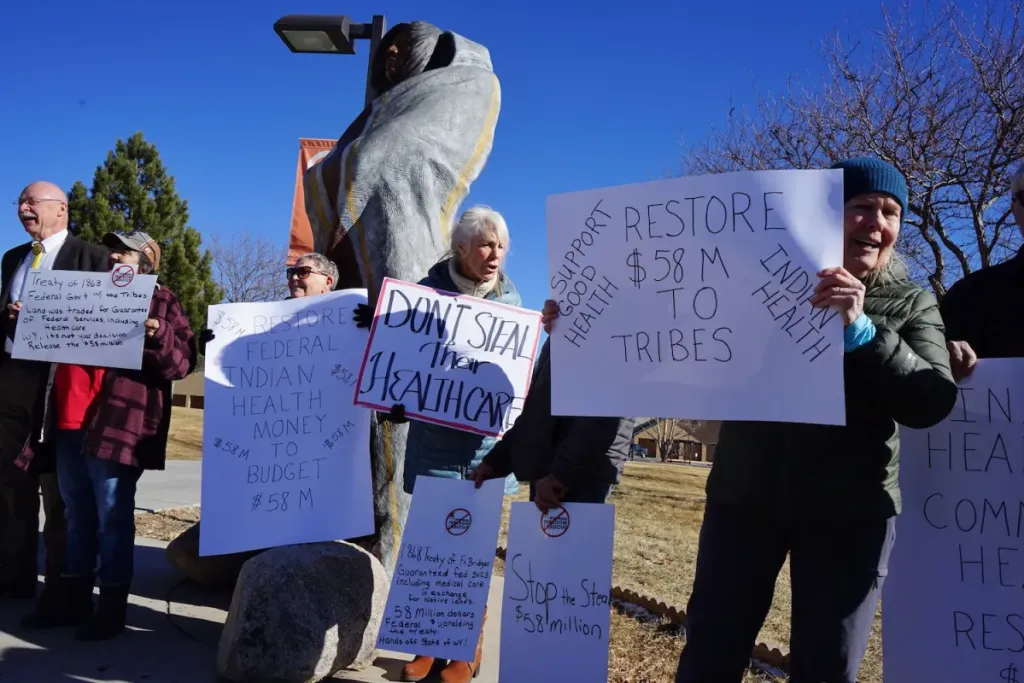ANALYSIS: Hands Off, West! Armenia Pushes Back as Peace Talks Take Root

As Armenia and Azerbaijan inch closer to a historic peace deal, the message from Yerevan is clear: this is a regional issue—and the West should stop trying to play global referee.
On July 24, both Armenian and Russian officials doubled down on that position, calling out what they see as meddling from the US and other Western powers in the fragile normalization process between Baku and Yerevan. At the heart of the debate? The future of the so-called Zangezur corridor—a 42-kilometer stretch through Armenia’s Syunik province that Azerbaijan wants access to, and the West is quietly eyeing as a geopolitical prize.
But for Armenia, sovereignty isn’t up for negotiation.
In no uncertain terms, Armenian officials rejected a recent US proposal to lease the Zangezur corridor. Arman Egoyan, chair of Armenia’s European Integration Commission, spelled it out plainly:
“We saw the danger of ceding sovereignty.”

He added that Armenia is open to unblocking regional transport routes—but only if it’s done on Armenia’s terms, respecting national jurisdiction and territorial integrity. Translation: no backroom deals, and no power plays from across the Atlantic.
Russia, a longtime regional power and historic ally of Armenia, quickly echoed those concerns. Kremlin spokesperson Dmitry Peskov said the Zangezur issue is “a sovereign matter for Armenia and Azerbaijan,” and that Moscow fully supports their ongoing negotiations.
Foreign Ministry spokesperson Maria Zakharova went further, warning that Western attempts to inject themselves into the process were creating “imbalance” and could derail real progress. She described US involvement as opportunistic—offering little in the way of substance and plenty of political baggage.
“The Americans say they have a ‘unique solution,’ but in reality, they bring nothing new,” Zakharova said.
Instead, she blamed the West for dragging out talks by pressuring Yerevan and stalling trilateral cooperation between Russia, Armenia, and Azerbaijan.
It’s not just Russia saying it—regional neighbors like Iran and Turkey have made similar points. They’ve made clear that outside powers risk disrupting the delicate dynamic that’s finally moving toward peace. Even if the relationships among local players are tense, they understand the stakes and the history far better than Washington or Brussels ever could.
For many in Armenia, especially those still reeling from the loss of Nagorno-Karabakh and the mass exodus of 100,000 ethnic Armenians, peace talks are essential—but not at any cost. The government is trying to walk a fine line between regional diplomacy and safeguarding national dignity.
Meanwhile, Prime Minister Nikol Pashinyan, who’s set to go on vacation from July 28 to mid-August, pushed back against opposition claims that Armenian society is gripped by despair and anger. Posting to Facebook after the joyful Vardavar water festival, Pashinyan mocked the critics:
“Where is the tension, apathy, and hatred?”
He insisted that the supposed gloom was the creation of a “pseudo-elite,” not the people.
“In 2021, the people believed there was a future. Today, they realize the future has arrived.”
Still, critics argue that Pashinyan’s government is increasingly isolated and indecisive, caught between regional pressures and global expectations.

On July 10, Pashinyan and Azerbaijani President Ilham Aliyev met face-to-face in Abu Dhabi for what many called the most productive talks in years. They discussed border delimitation and agreed to keep the dialogue going. Both sides praised the meeting as “constructive” and “result-oriented,” and a final peace deal now seems within reach.
But Azerbaijan is still pushing Armenia to change its constitution—specifically to drop any language hinting at claims to Karabakh. That’s a hard sell for a country still grieving its losses, both territorial and human.
And with peace potentially transforming the South Caucasus into a more stable, economically vital region, the scramble for influence is only intensifying.
Armenia wants peace. But not if it means being told what to do by foreign powers who don’t carry the scars of decades of war.
As talks progress and Western offers keep rolling in, Yerevan’s position is firm: this is Armenia’s land, Armenia’s history, and Armenia’s future. If peace is going to last, it must be rooted in respect—for borders, for sovereignty, and most importantly, for the Armenian people themselves.









The latest news in your social feeds
Subscribe to our social media platforms to stay tuned